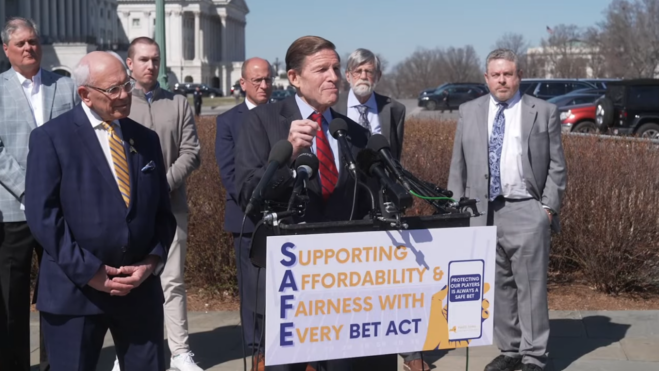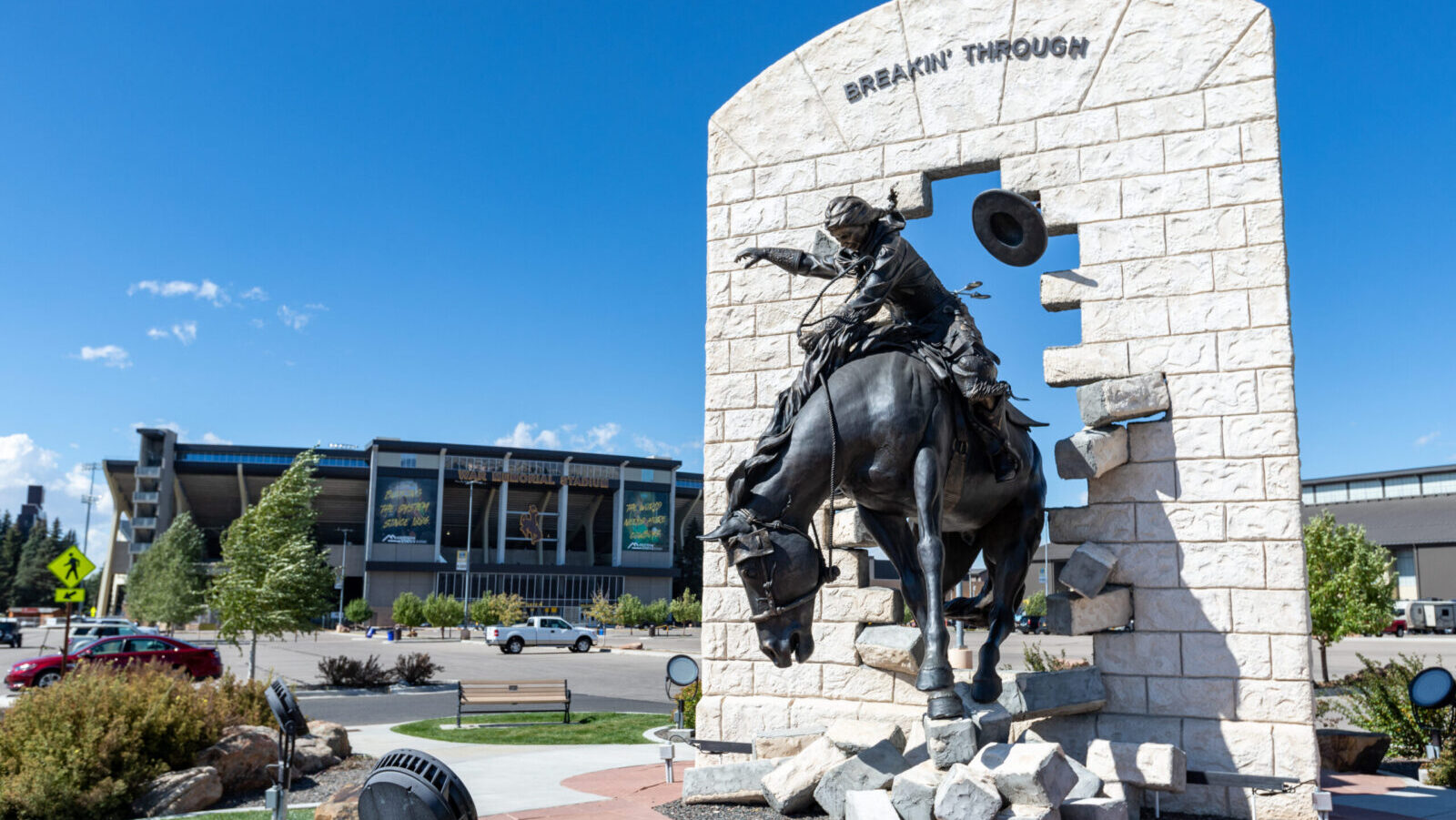VGW Sweepstakes Sites Are Now Only Available To Players 21 And Over
Provider operating Chumba Casino, LuckyLand Slots, and Global Poker won’t let teens in anymore
2 min

The world of “sweepstakes” gambling just underwent a massive shift, as VGW — widely considered the leader in sweepstakes sites — has raised the minimum age for would-be players to 21.
VGW made this announcement in an email to customers, and then posted a detailed breakdown via Reddit late last week.
The operator runs three of the most well-known sites in sweepstakes land: Chumba Casino, LuckyLand Slots, and Global Poker.
According to the Reddit post filed in the ChumbaCasino subreddit, Feb. 12 (last Wednesday) was the last day players under 21 could sign up for any VGW sites.
Those under 21 who are already on the sites are now banned from purchasing “gold coins,” but they can still play through their stake until this Wednesday, Feb. 19. On that date, players under 21 will be banned from playing games on VGW’s sites, and the only thing those players will be able to do is redeem their coins.
And finally, effective April 17, users under 21 will not be able to access the sites, period.
“Last day of gameplay for under-21s is February 18, 2025: Play quickly (and responsibly!),” the post concludes.
Steve Ruddock, the author of the Straight to the Point substack, believes this a giant domino in the world of sweepstakes.
“The news will likely cause a chain reaction in the sweepstakes sector. VGW is the largest operator, and with states casting a critical eye on these operators, the other operators will almost certainly follow suit,” he wrote in Monday’s post.
Interesting times
It’s been a busy year already in the sweepstakes world, as many states are starting to take a critical look as to the legality of their operations.
Sweepstakes sites have drawn increasing attention for their similarity to regulated online casinos, offering comparable gaming options like blackjack, roulette, slots, and live-dealer tables. Despite these similarities, they currently operate without regulation in any state, with operators defending their legality through a dual-currency model that separates free-to-play virtual coin games from “sweeps coins” games that can be redeemed for cash.
Multiple states have begun cracking down on these operations. The Maryland Lottery and Gaming Control Agency recently issued cease-and-desist letters to 11 operators and targeted their payment processors. The Michigan Gaming Control Board, known for its tough stance on offshore operators, has now turned its focus to sweepstakes sites.
West Virginia Attorney General JB McCuskey has, according to a source with knowledge, sent subpoenas to sweepstakes operators accessing customers in the state.
In Mississippi, new legislation in the state Senate aims to ban sweepstakes sites entirely by July 1. New York’s latest iCasino bill, introduced by Sen. Joseph Addabbo, specifically includes language to block sweeps, social, or crypto operators from obtaining online casino licenses.
The industry faces additional pressure from Native American gaming interests, which have become vocal critics in recent months, arguing these sites operate outside legal boundaries.
New Jersey stands alone in taking a different approach — at least so far — with Assemblyman Clinton Calabrese proposing legislation to regulate and tax sweepstakes casinos. The Social and Promotional Games Association (SPGA) has expressed support for this regulatory path.






